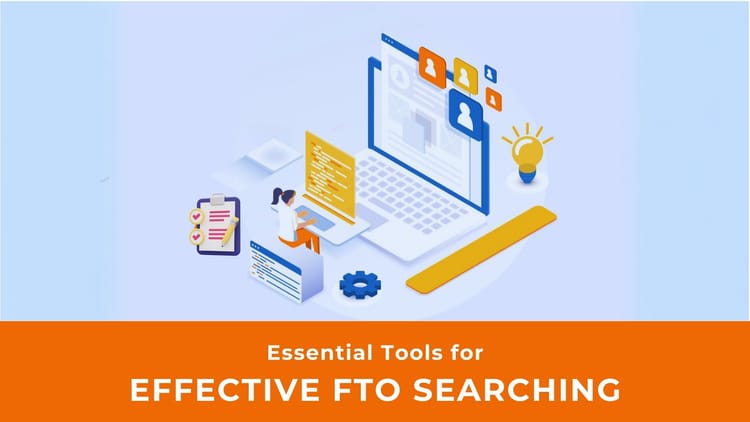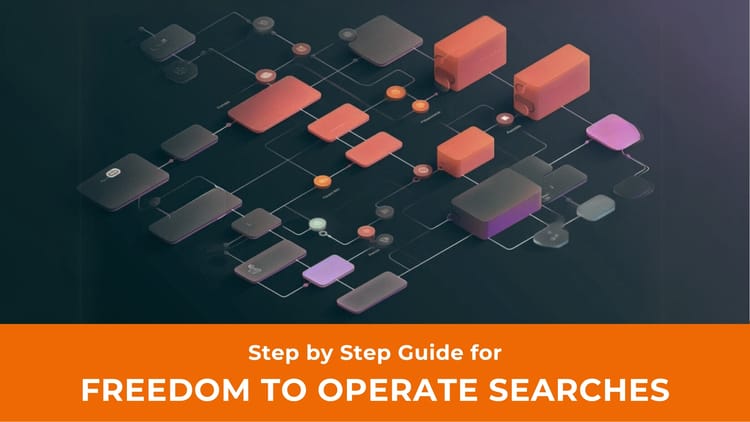Leveraging Non-Patent Literature to Avoid Costly Patent Infringement

Background:
Our client, a manufacturer of adhesive products, was preparing to launch a new manual adhesive. To mitigate the risk of patent infringement and potential litigation, they requested a Freedom to Operate (FTO) search to identify existing patents that could threaten their product launch.
Initial Search:
We conducted an initial FTO search using exact-match keywords related to the client's manual adhesive product. This search yielded no relevant patents, suggesting that the client's product was free of infringement risks.
Broadening the Search:
To ensure a comprehensive analysis, we expanded the search scope to include related claims, such as stickers and book labels for children's books. This broader search led to the discovery of non-patent literature (NPL) that provided valuable insights into the adhesive industry.
NPL-Driven Prior Art:
The NPL references uncovered during the expanded search were prior art, indicating that similar adhesive products and concepts had been previously disclosed. Armed with this new information, we reran the patent search using the NPL-driven prior art as a guide.
Uncovering a Threat:
The refined search, informed by the NPL, revealed a patent that posed a potential infringement risk to our client's manual adhesive product. This discovery highlighted the critical role of NPL in identifying relevant patents that may have been overlooked in a narrower search.
Outcome:
Based on the NPL-driven prior art search findings, our client decided to halt the launch of their manual adhesive product. This decision helped them avoid costly patent infringement and potential litigation, saving them significant financial and legal resources.
Key Takeaways:
- The value of NPL in FTO searches: Non-patent literature can provide crucial insights and lead to the discovery of relevant patents that may be missed in traditional searches.
- Broadening search scope: Expanding the search to include related claims and concepts can uncover valuable prior art and help identify potential infringement risks.
- Iterative search process: Conducting multiple rounds of searches, informed by new findings, can improve the accuracy and comprehensiveness of the FTO analysis.
- Proactive risk mitigation: Conducting thorough FTO searches before product launch can help companies avoid costly infringement issues and protect their intellectual property.
The case study highlights the importance of considering NPL in FTO searches and demonstrates how a comprehensive, iterative approach can uncover critical patent threats. By leveraging NPL and broadening search strategies, companies can make informed decisions to mitigate infringement risks and safeguard their product launches.



